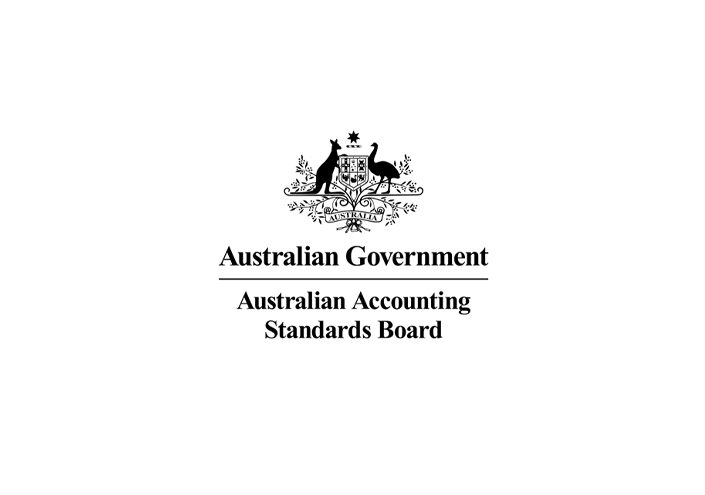The Australian Accounting Standards Board (AASB) released an amended accounting standard AASB 2020-2 which came into effect from 1 July 2021.
The amendment changes the reporting requirements of certain for-profit private sector entities as they will no longer be able to self-assess financial reporting requirements and prepare special purpose financial statements (SPFS). These for-profit entities will now need to review the source of their reporting requirements and practices to determine whether they are legislative (for example, Corporations Act, State or Territory legislation) or non-legislative (for example, a trust deed or a bank agreement) in nature.
If for-profit entities have a legislative requirement to prepare financial statements and the legislation states that the financial statements must be prepared in accordance with ‘Australian Accounting Standards’ or ‘accounting standards’, then they are within the scope of the reforms.
This may have an impact on the reporting requirements for Special Disability Trusts (SDTs). Paragraph 3.2(2) of the Social Security (Special Disability Trust — Trust Deed, Reporting and Audit Requirements) (FaHCSIA) Determination 2013 requires that the financial statements given in accordance with section 1209S of the Social Security Act 1991 must give a true and fair view and comply with relevant Australian Accounting Standards[1].
Given many SDTs are small entities with very little by way of assets and income, we believe it would be an unnecessary regulatory impost if SDTs were inadvertently captured by the AASB 2020-2 reform. At BNR Partner’s instigation, CPA Australia and CA ANZ in their joint submission to AASB sought clarity from AASB as to whether SDTs should have been excluded by the reporting requirements.
Ongoing consultation is continuing between CPA and the Department of Social Security, who we understand are likely to provide clarity for SDTs by the end of this calendar year. We understood that this process involves a review of the current model trust deed for Special Disability Trusts.
Whilst there is a statutory obligation to lodge financial statements with the DSS by the 31 March of the following year, there are additional instances where copies of SDTs financial statements may also be required to be lodged (for example to the Victorian Civil and Administrative Tribunal (VCAT). In some cases these will be required to be submitted at an earlier date, thereby creating uncertainty as to the format these reports should take.
This change in reporting requirements will also affect entities driven by non-legislative document such as trust deeds, partnership agreement or joint venture agreements. If their non-legislative documents were created or amended on or after 1 July 2021 and include, or retain, a requirement to prepare financial statements that comply with Australian Accounting Standards (AAS), then they could fall within the scope of the reforms.
Entities within the scope of this AASB 2020-2 reform will no longer be able to use Statement of Accounting Concept 1 Definition of the Reporting Entity (SAC 1) to determine whether they can prepare SPFS. Instead, their minimum reporting requirements will now be a Tier 2 general purpose financial statements (GPFS). The financial statements must comply in full with the recognition and measurement requirements of AAS, including the need for consolidation and/ or equity accounting where applicable. The presentation requirements and required changes in disclosures in the financial statements are mandated by the requirements of AASB 1060[2].
It is therefore now very important to ensure any future drafting or amendments to such non-legislative documents are carefully considered to avoid unintended consequences. References to ‘Australian Accounting Standards’ and ‘accounting standards as defined in the Corporations Act’ should be avoided where possible if an entity wants flexibility in determining their financial reporting requirements. Continued use of these expressions in non-legislative documents will trigger the need for GPFS. For more guidance on this, refer to the AASB’s Navigating the financial reporting requirements in for-profit private sector client documents.[3]
Takeout: watch this space!
[1] Social Security (Special Disability Trust — Trust Deed, Reporting and Audit Requirements) (FaHCSIA) Determination 2013
[2] AASB 1060
[3] Navigating the financial reporting requirement in for-profit private sector client documents – what you need to know
Feel free to contact our team should you want to discuss this topic further and potentially have clients who may be in this situation.
This publication is not intended to be and should not be used as a substitute for taking taxation advice in any specific situation. The information in this publication may be subject to change as taxation, superannuation and related laws and practices alter frequently and without warning. Neither BNR Partners Pty Ltd, our employees or agents are responsible for any errors or omissions or any actions taken or not taken on the basis of this publication.


